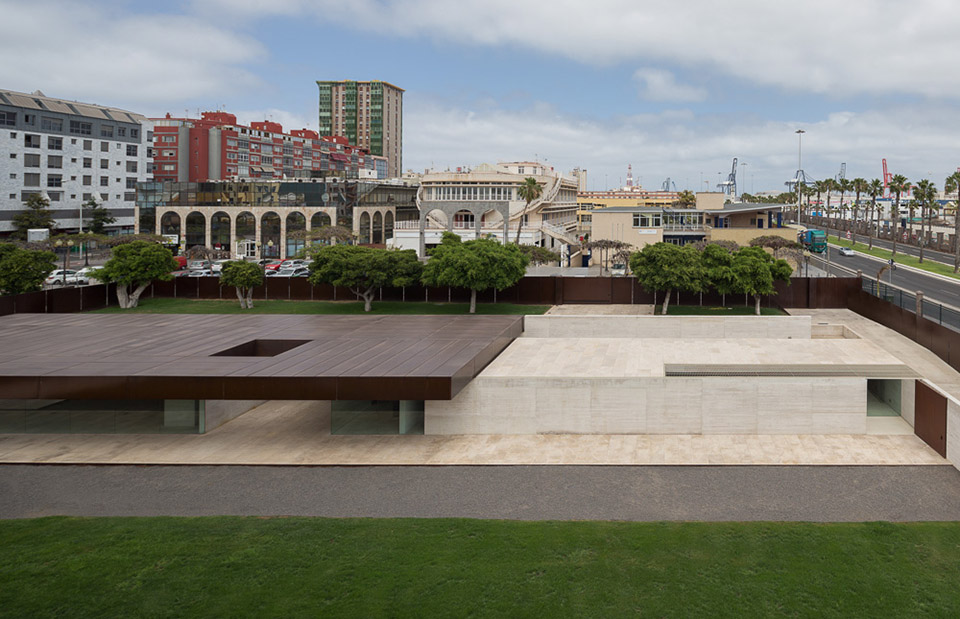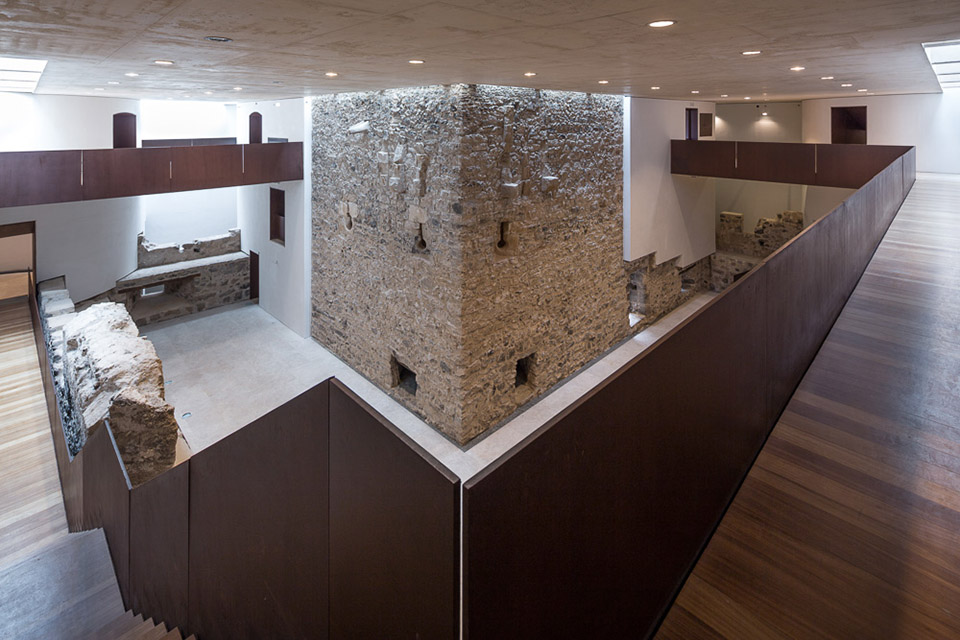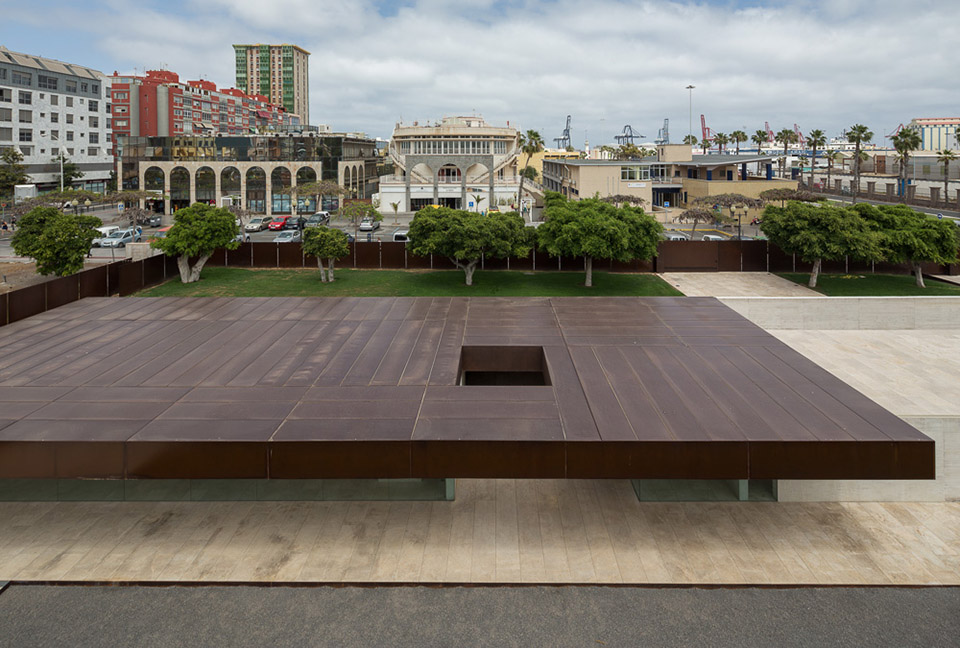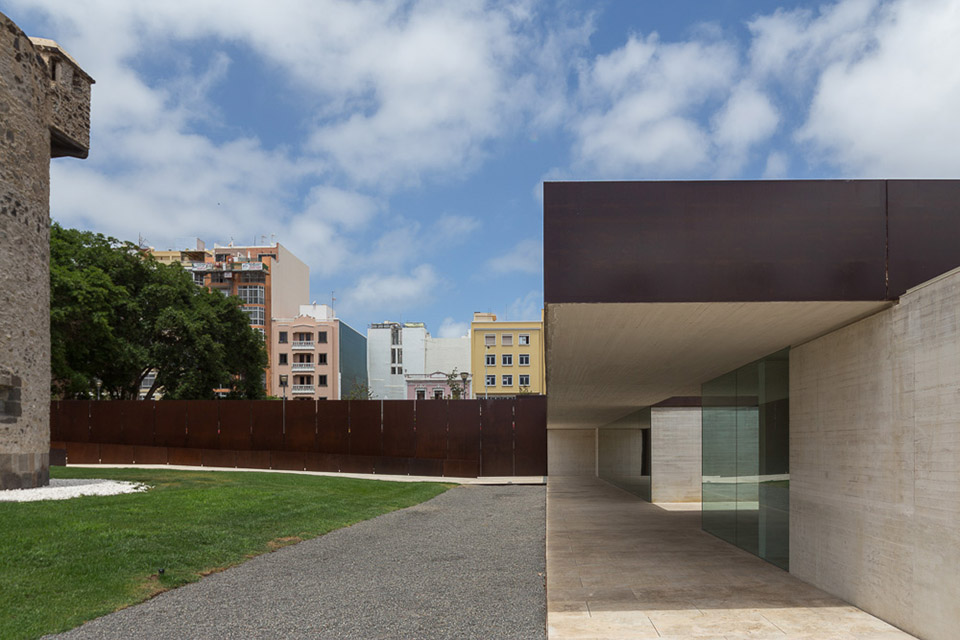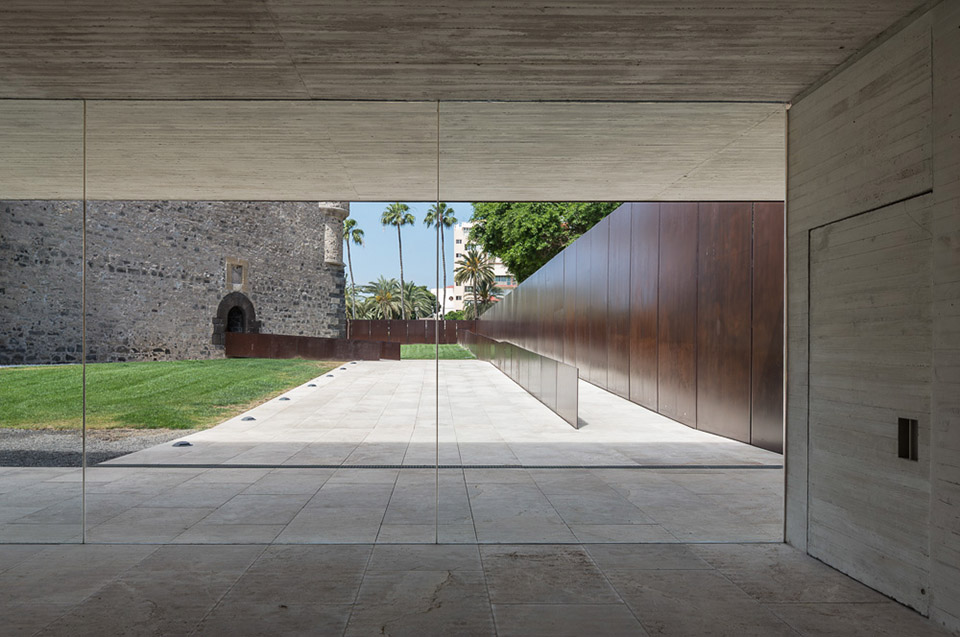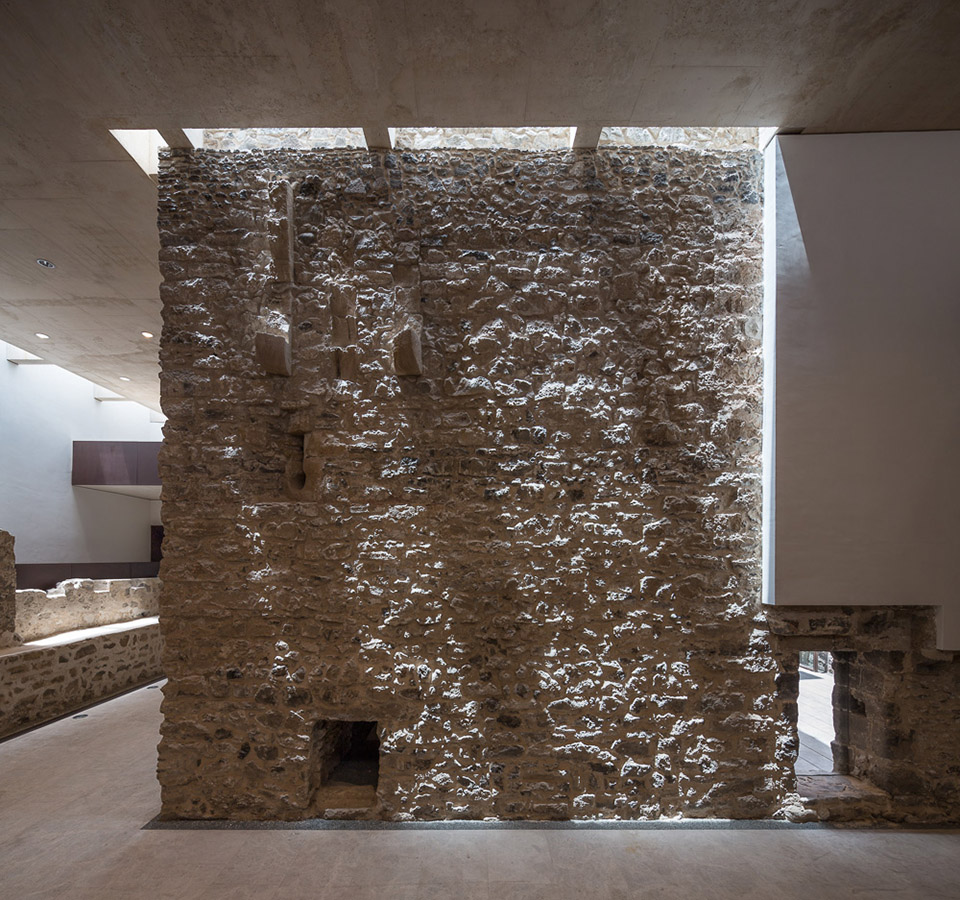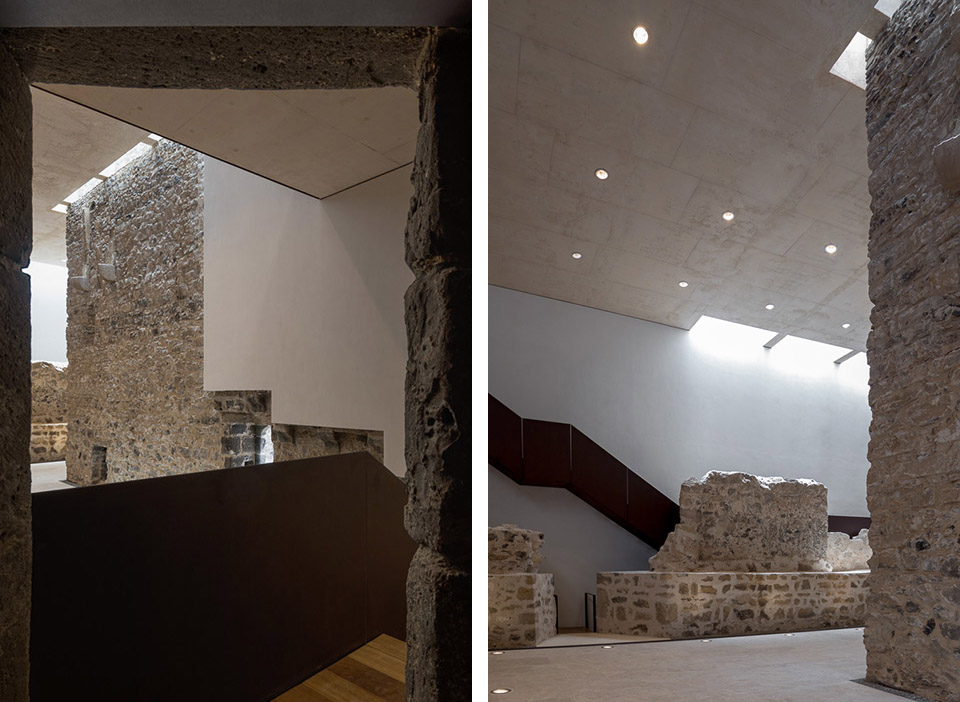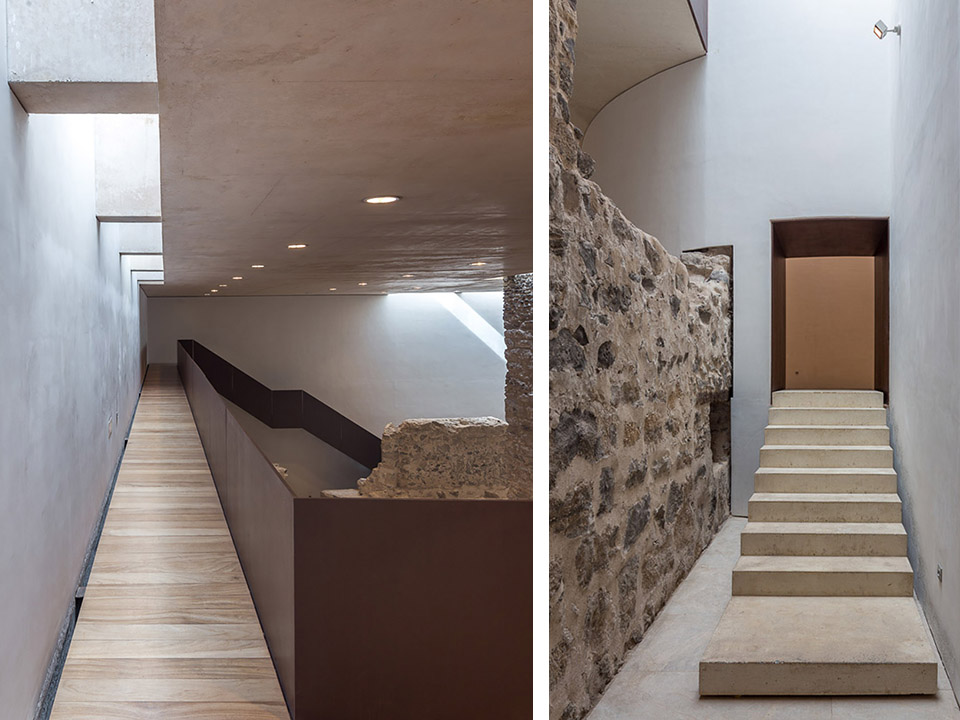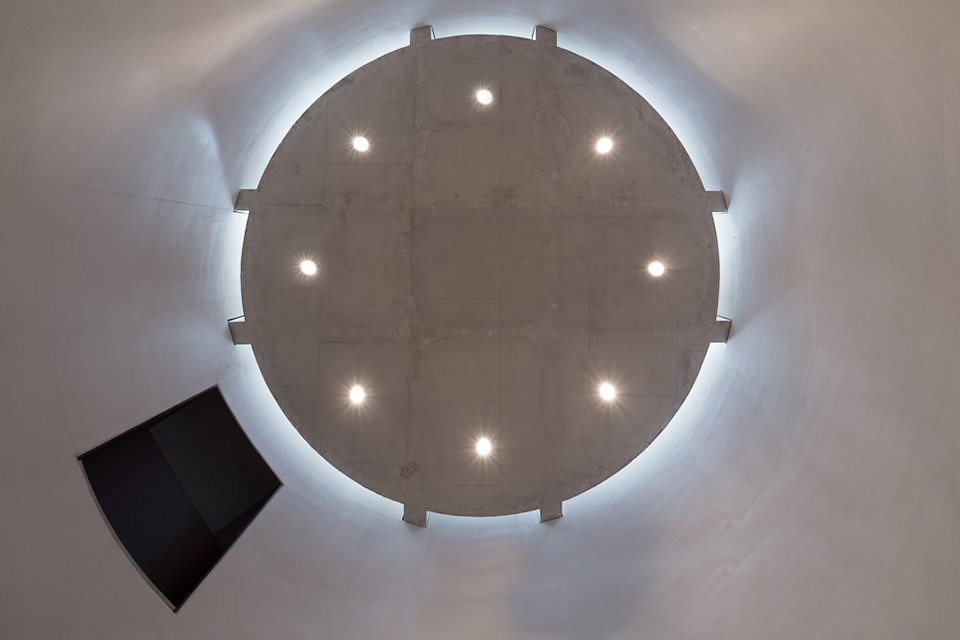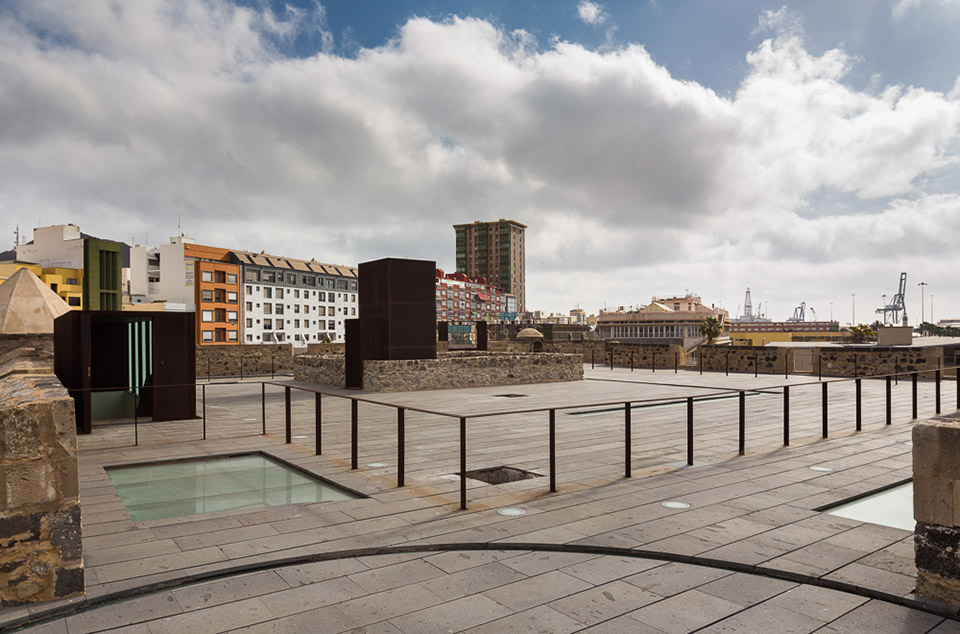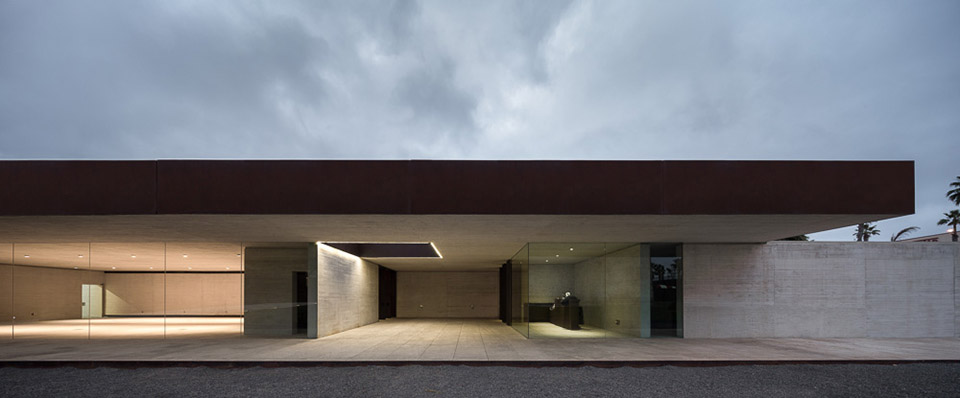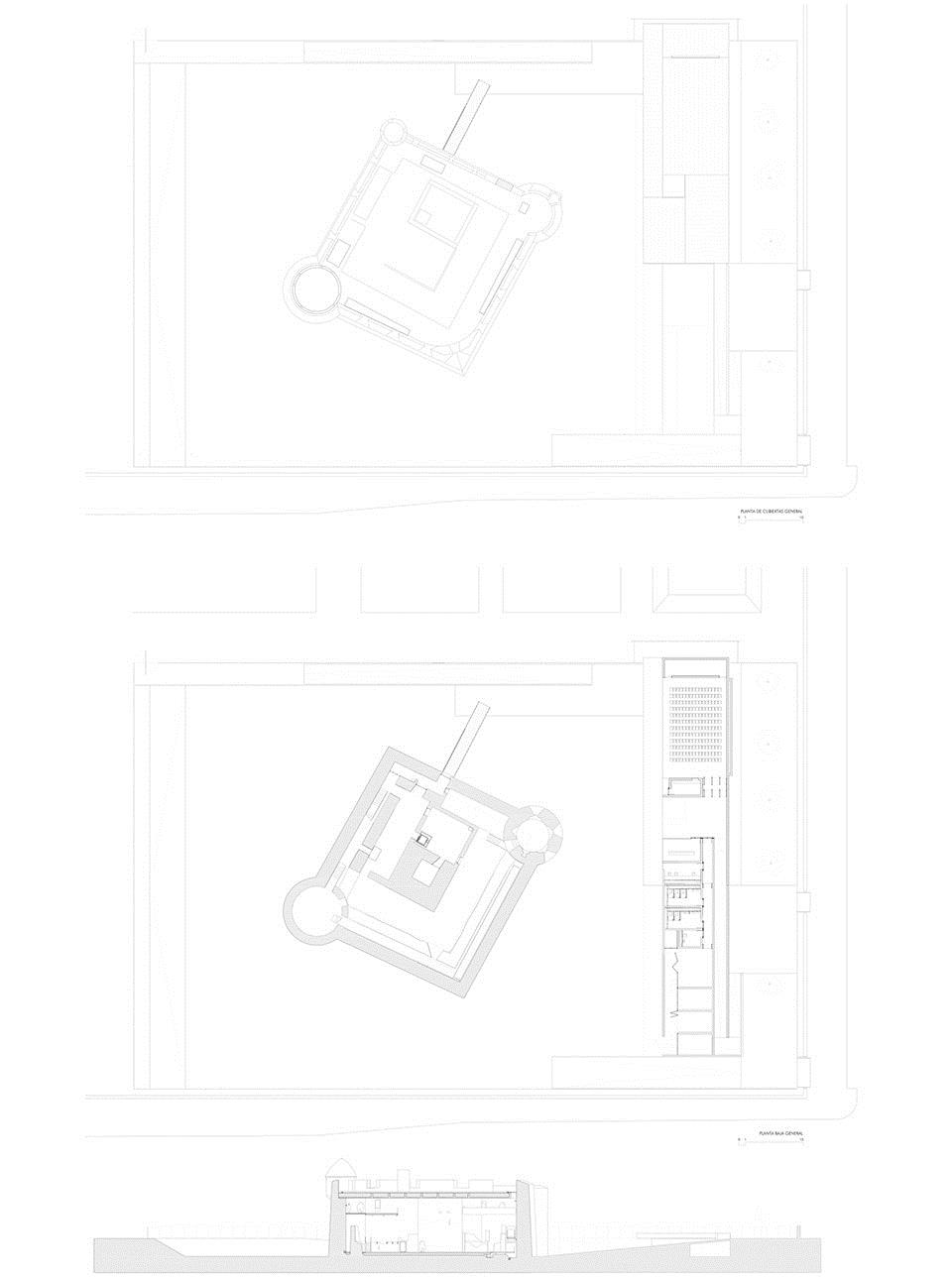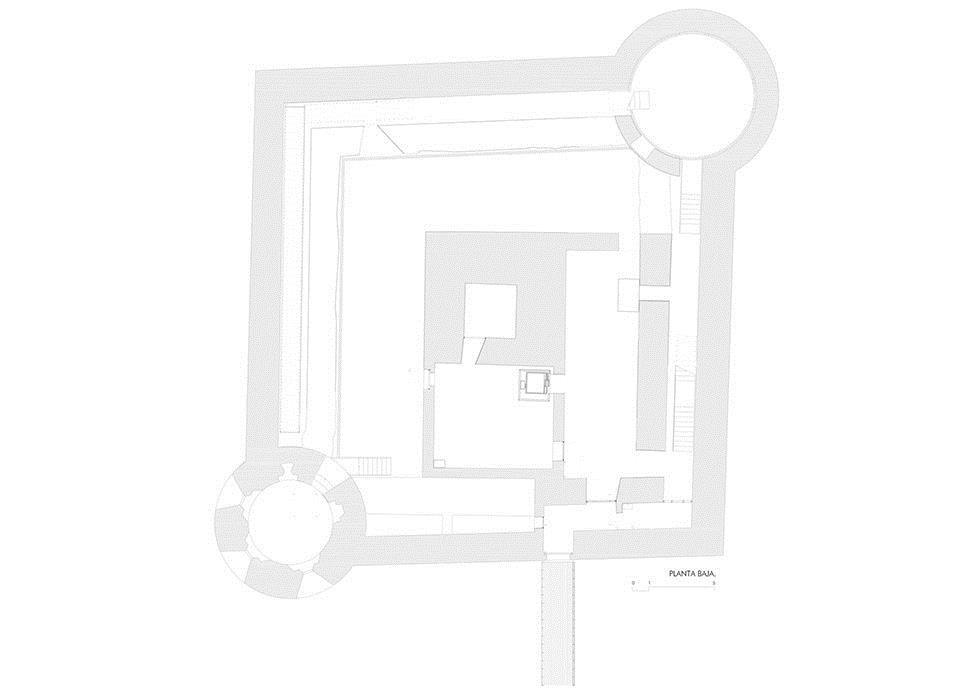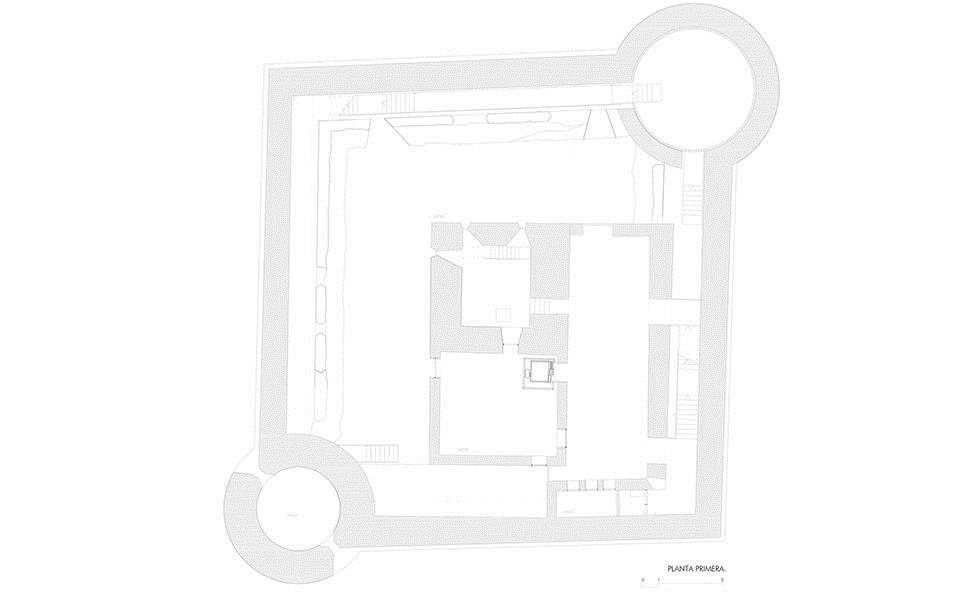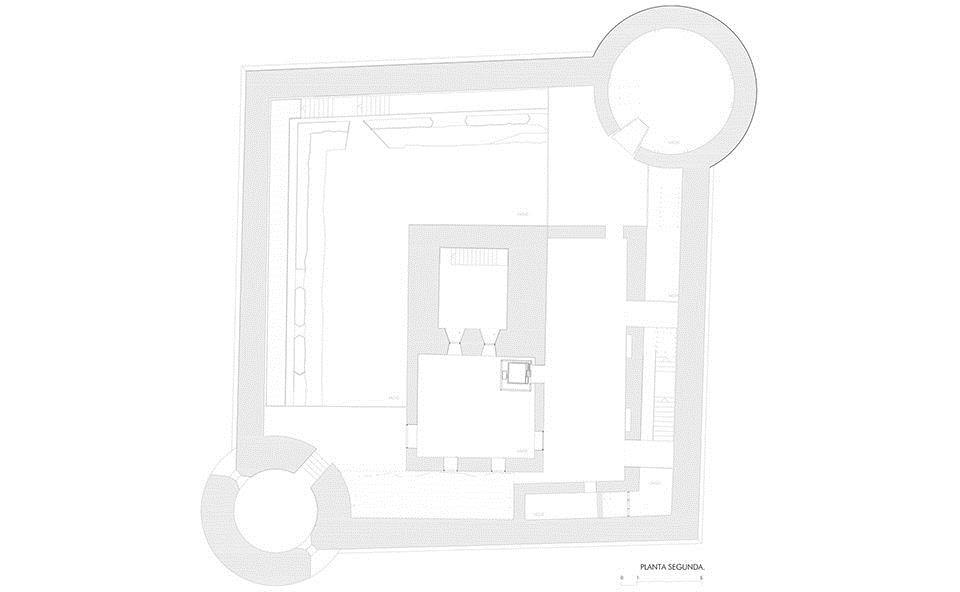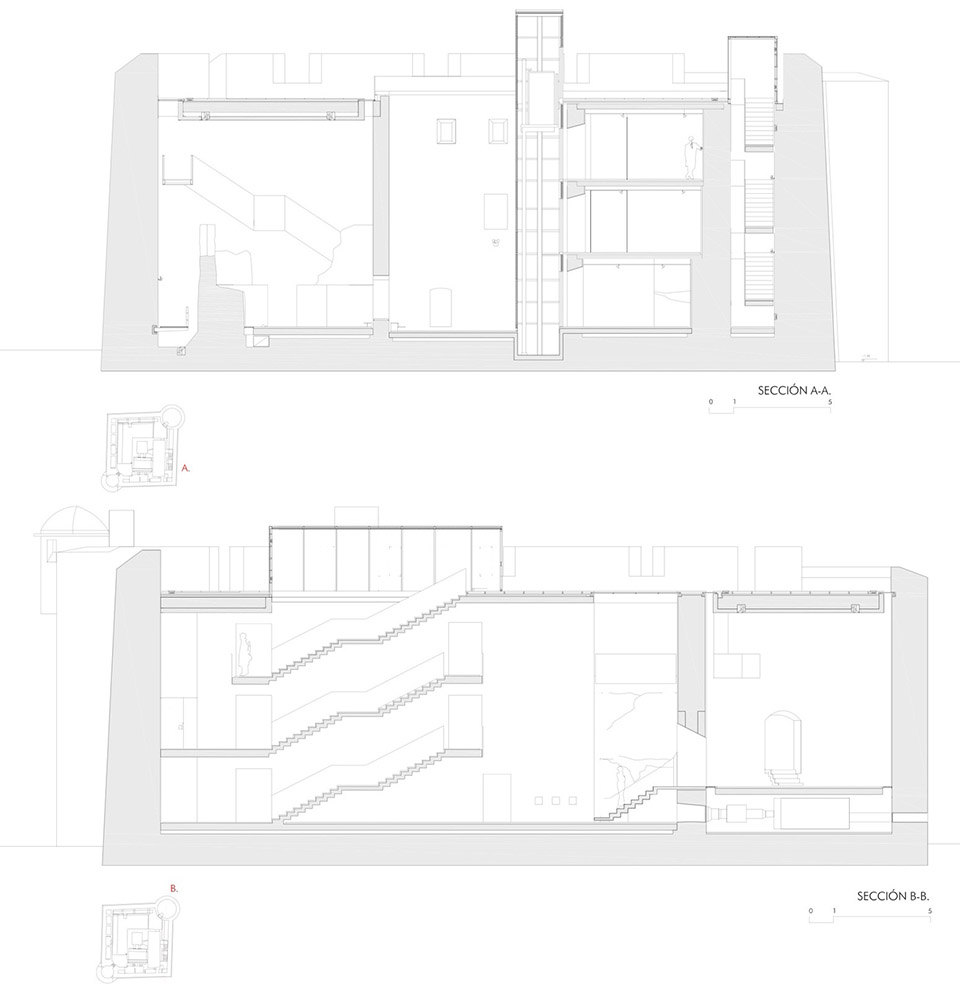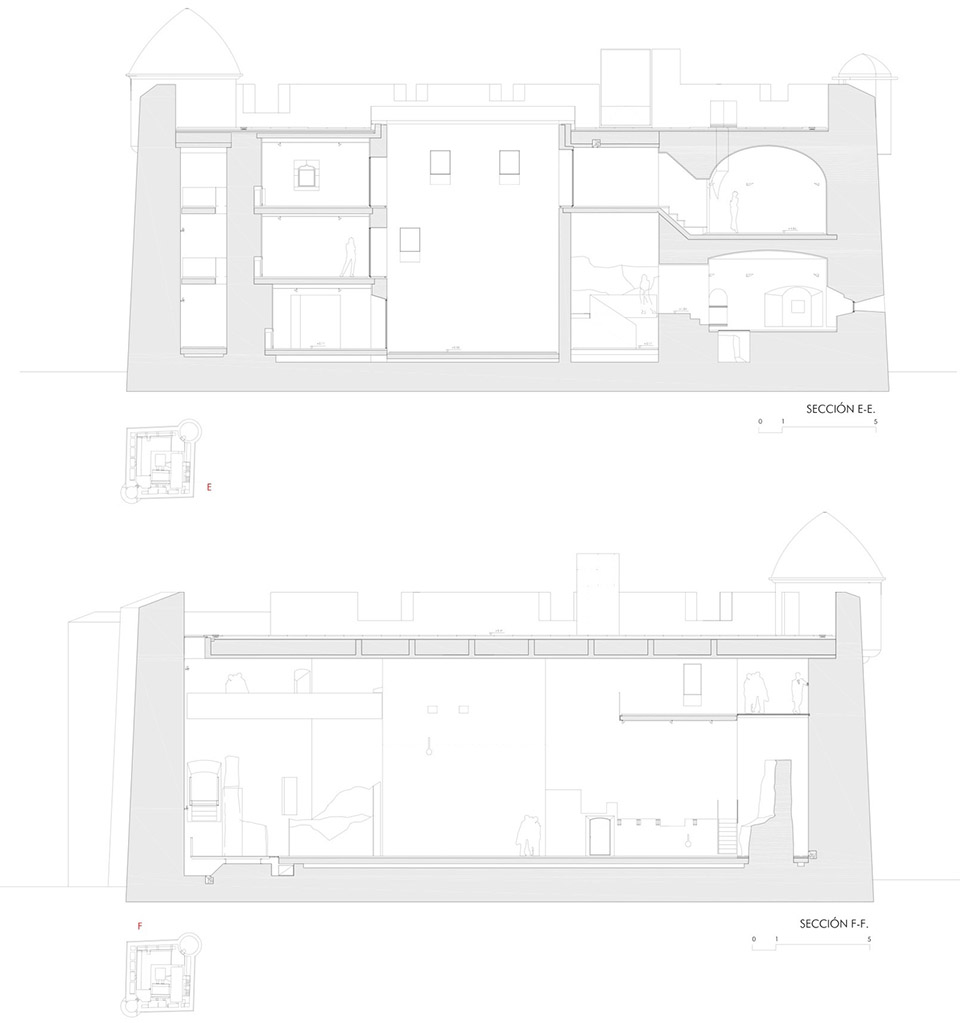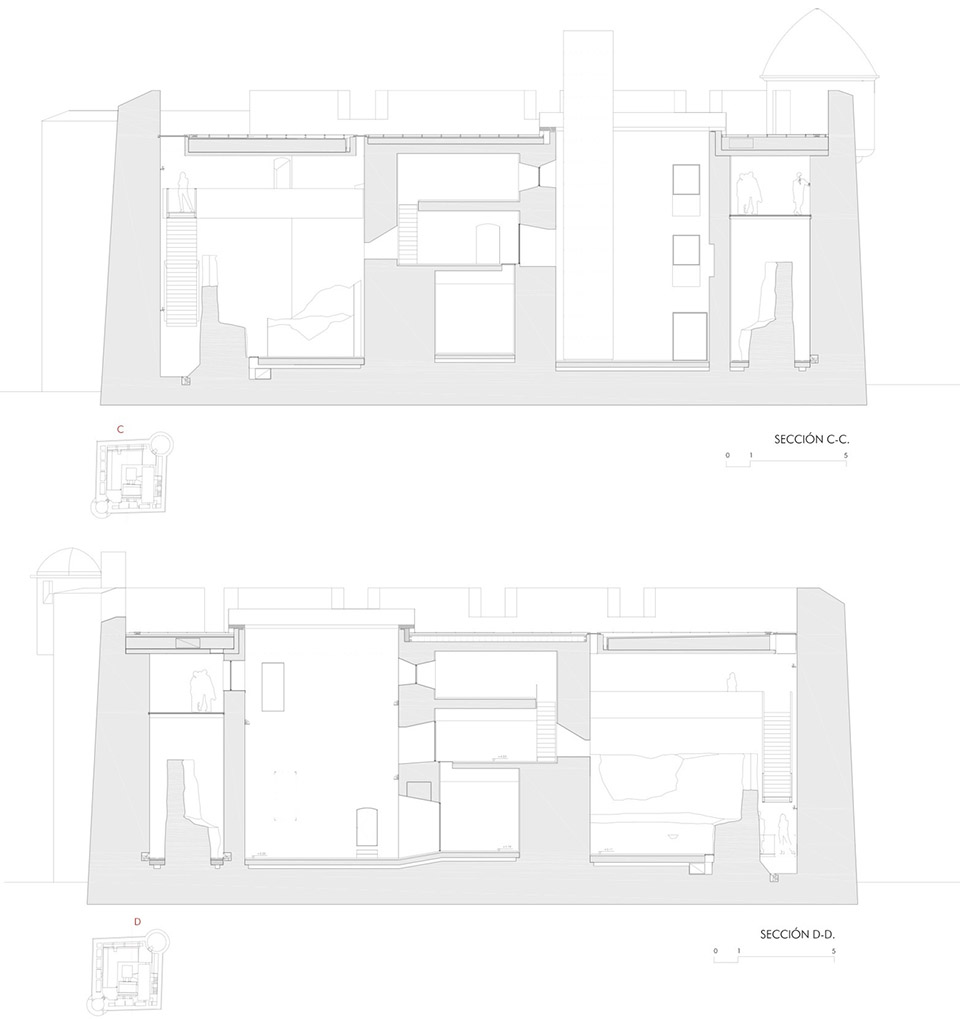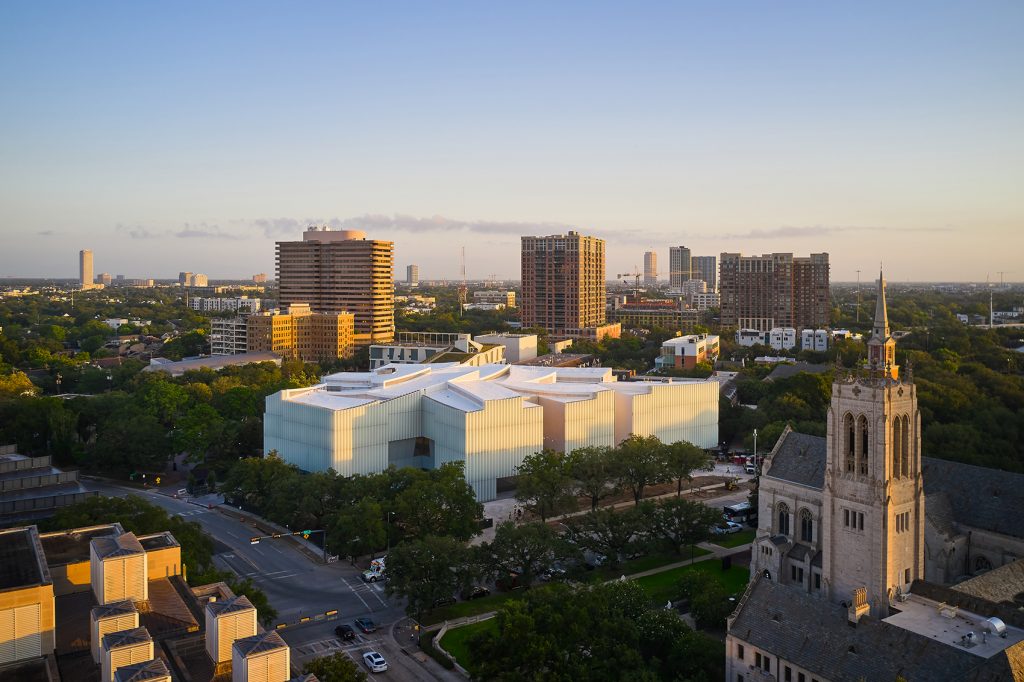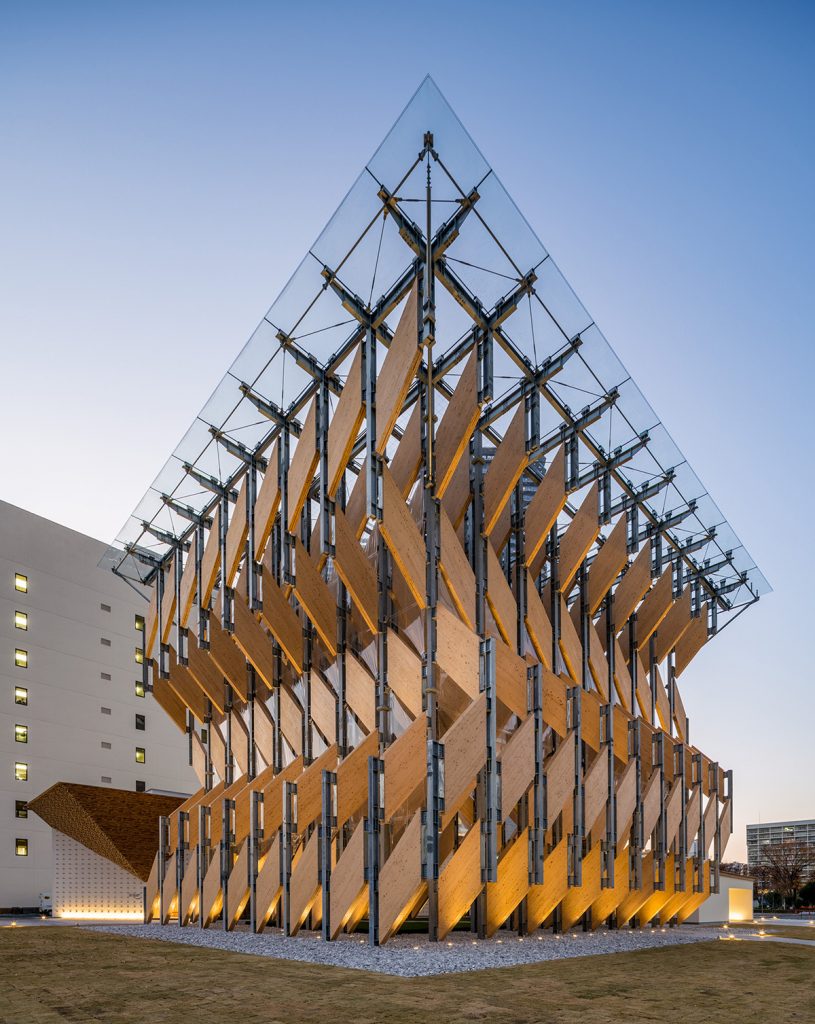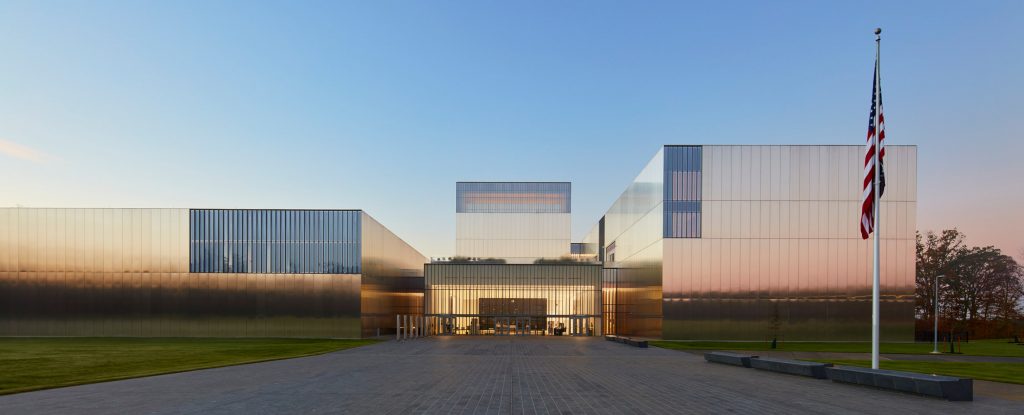拉斯帕尔马斯城的光明城堡并不仅仅是其建筑遗产中最为重要的建筑之一,同时也见证了群岛的历史记忆。它坐落于伊斯莱塔,这里是西班牙舰队登岛之处,自15世纪就建立起第一个防御工事,因此城堡至19世纪仍然存在并具有防御作用。时间的流逝不仅严重影响了其使用和保存,同时也影响了周遭环境:在涨潮时被海水包围的海岸边的古老堡垒,如今由Puerto de la Luz建筑群包围。
最古老的部分由15世纪末建造的一座小塔楼组成。几年之后,最初的空间被拓展,形成正方形平面。原来塔和外围墙壁间的空间设有平台,以增进对于炮火的防御能力。这一堡垒,尽管在16世纪末的战争中被掠夺和焚毁,大部分仍保留了其原始结构直至20世纪,在破损失修和倾圮后,它于1969年被重建。
我们如何干预一栋具有重要历史价值的建筑,将其转变为一个海洋博物馆,配备有现代博物馆建筑所需的设施和空间?
The Castillo de la Luz is for the city of Las Palmas not only one of the most significant buildings of its architectural heritage, but a witness to the historical memory of the archipelago. Its location on the Isleta, the point of arrival of the Castilian fleets since the fifteenth century when the first fortification was founded, was the reason for its existence and its defensive role until the nineteenth century. The passage of time has not only significantly affected its use and conservation, but also its immediate environment: the ancient fortress on the coast that was surrounded by water at high tide, is today surrounded by the buildings of Puerto de la Luz and the advancement of the city to the Isleta.
The oldest part is constituted by a small tower built at the end of the fifteenth century. A few years later the initial volume was extended to form the square plan. The space between the original tower and the perimeter walls was terraced to enhance its defensive capacity against artillery. The fort, despite participating in feats of arms at the end of the sixteenth century in which it was looted and burned, largely maintained its original formal structure until the twentieth century, when after falling into disrepair and dilapidated, it was rebuilt in 1969.
How should we intervene a building of significant historical value, to transform it into a Sea Museum equipped with the facilities and spaces required by a contemporary museum institution?
光明城堡的历史无疑成为项目的争论点。如果说5个世纪的时间里,外墙和原来塔楼之间的空间是一片垃圾填埋地,我们不得不进行清空:恢复早期城堡的样子,使其转变成为新博物馆的主角。这样一来,从视野中隐去的内部空间将会显现出来。我们会重新组织循环系统,以使其适用于博物馆,设计轻型走道与新的楼梯。最后,我们移除所有最近增加的不属于原始建筑的元素。用混凝土板遮住新区域,混凝土板与旧塔相分隔,留下狭长的裂缝,以便光线由此穿透进室内。
The history of the Castillo de la Luz inevitably becomes an argument for the project. If during five centuries the space between the outer walls and the original tower has remained a landfill, we have to empty it: recover the vision of the early fort, transform it into the protagonist of the new museum. This way, interior spaces that had always existed but had remained hidden from view will appear. We will reorganize the circulation system to make it suitable for a museum, incorporating light walkways and a new staircase and lift. Finally, we will remove all recent added elements that do not belong to the original building. We will cover the new areas with a concrete slab that is separated from the old tower, leaving thin fissures through which natural light will slip inside.
我们没有重建或修复城堡,而是清空它,我们的设计局限在使它的过去明朗化,由建筑展现其自身及其历史,而不管未来将融合进来的新元素。
在外部,我们将拆除一个新建的临时边界凹坑,释放一大片区域到原来筑磊所在层,这将允许我们再次看到其真实尺寸。
一个新的部分掩蔽的场馆,使用斜坡,这是城市发展的几个世纪内产生的,并将包含博物馆所需的附加空间:入口、售票口、出版物处、卫生间、存储间、具特定用途的场地以及多功能室。屋顶是勉强从地面显现的水平平台,这也将是唯一可见的人工干预痕迹,它并不会与城堡形成竞争,而是服务于城堡,并对城堡景色做补充。
Rather than rebuild or rehabilitate the Castle, we will have emptied it, we will limit ourselves to making its past visible, waiting for the building to expose itself and its own history, regardless of the future collections that will be incorporated to it.
Outside, we will unmount a newly built perimeter false pit, releasing a large area of land to the original level of the fortification, which will allow us to perceive it in its real dimension again.
A new partially buried pavilion will use the slope that the growth of the city has produced over centuries, and will incorporate those additional spaces needed by the museum: access, ticketing, publications, restrooms, storage, facilities, and multipurpose room. The roof, a horizontal platform that barely emerges from the terrain, will be the only visible trace of an intervention that is not intended to compete with the Castillo it serves and complements.
Architects: Nieto Sobejano Arquitectos
Location: Las Palmas de Gran Canaria, Las Palmas, Spain
Leading Architects: Fuensanta Nieto, Enrique Sobejano
Project Architects: Pedro Quero, Alexandra Sobral
Project Year: 2013
Photographs: Roland Halbe
Client: Ministerio de Fomento
Collaborators: Carlos Ballesteros, lago Blanco, Mauro Herrero, Juan
Carlos Redondo
Site Management: Nieto Sobejano Arquitectos, S.L.P., Fuensanta
Nieto – Enrique Sobejano, Miguel Mesas Izquierdo, José Mena,
Edward Lynch, Aparejadores
Structures: N.B.35, S.L.
Facilities: Aguilera Ingenieros, S.A.
Models: Nieto Sobejano Arquitectos, S.L.P.
Construction: Trycsa_Técnicas de la Restauración y Construcciones,
S.A
项目来源: arqfoto
